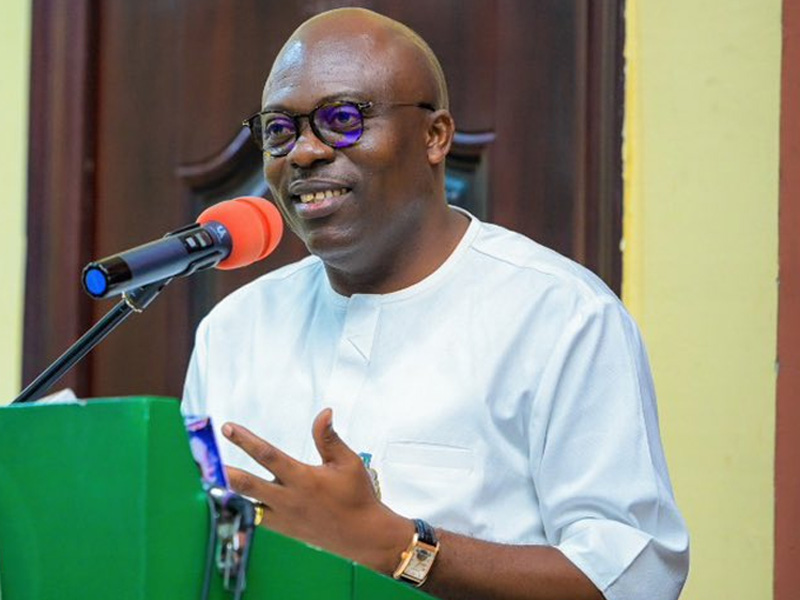Nigeria has launched a fresh immigration crackdown, targeting foreigners who have overstayed their visas. The Federal Government announced that from August 1, 2025, full penalties will be enforced against violators, marking the end of a three-month amnesty window designed to help affected individuals regularize their stay in the country.
Interior Minister Dr. Olubunmi Tunji-Ojo, while addressing stakeholders at the Nigeria Immigration Service headquarters in Abuja, stated that the government had opened an online immigration amnesty portal. This portal allows those with expired visa-on-arrival permits, single-entry visas, or overdue residence cards to legalize their stay without needing to visit an immigration office. He urged members of the diplomatic corps to inform their nationals about the opportunity, emphasizing that after the deadline, enforcement will be strict and consistent.
The enforcement guidelines, released earlier by the Nigeria Immigration Service, stipulate a $15 daily surcharge for overstaying, which has been in effect since May 1. Those who overstay for six months risk a five-year re-entry ban, while overstaying for a year or more may result in a 10-year ban. The amnesty period, which ends July 31, gives violators a chance to update their status without penalty.
In addition to enforcement, the Federal Government has been overhauling the entire immigration system with a focus on digital transformation. Within the first six weeks of launching the new electronic visa system, over 14,000 applications were processed. This reform is part of a broader effort to eliminate middlemen, reduce corruption, and improve efficiency. Applicants now complete forms, upload documents, and make payments entirely online.
Tunji-Ojo revealed that the digitization of the immigration process has saved the government nearly ₦1 billion annually, following the cancellation of a contract for physical archiving of passport and visa records. He noted that the improved system allows for pre-verification of documents, thereby enhancing data integrity and reducing manual processing errors.
The e-passport reform formally began on January 8, 2024, and by May 2025, 99 percent of all passport applications were being handled digitally. Tasks such as biometric capture and passport collection now take less than 20 minutes. Tunji-Ojo said the reform had effectively ended long waits and inflated unofficial fees, which previously saw applicants paying up to ₦500,000 for a ₦100,000 passport.
He also confirmed that electronic versions of the Combined Expatriate Residence Permit and Aliens Card (e-CERPAC) and the Temporary Work Permit (e-TWP) would be launched within the week. These new systems are aimed at stopping the abuse of work permits and ensuring that only legitimate expatriates operate in Nigeria.
Comptroller General of Immigration, Kemi Nandap, added that the newly introduced digital solutions such as e-Visa application channels, landing and exit cards, and temporary work permits are part of a broader move to improve travel experience and national security. She highlighted that major airports are now equipped with e-Gates and a command and control centre to manage and monitor migration data.
According to her, these innovations eliminate the need for in-person visits to immigration offices, simplifying processes for both travelers and the immigration workforce. The e-CERPAC, she said, integrates multiple services into one digital permit for foreign nationals living in Nigeria, while the TWP digitization cuts down processing time significantly.
Tunji-Ojo concluded that the new visa system is designed not only to tighten security but also to attract genuine investors and travelers, stressing that reforms must support both ease of access and national interest. “You must make it easy while not compromising national security. There must be a strategy. So, the e-visa, I want to assure you, by the grace of God, is here to stay,” he said.





